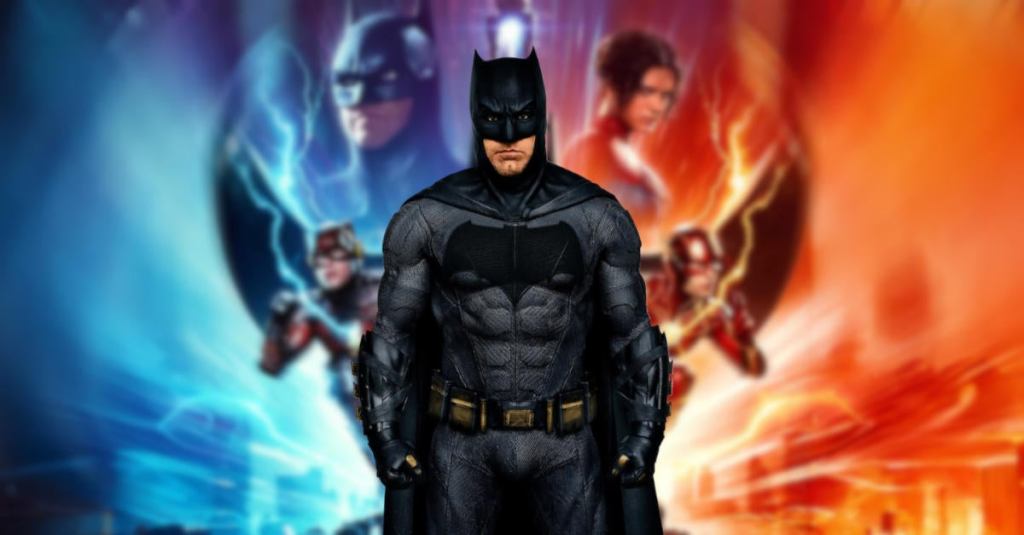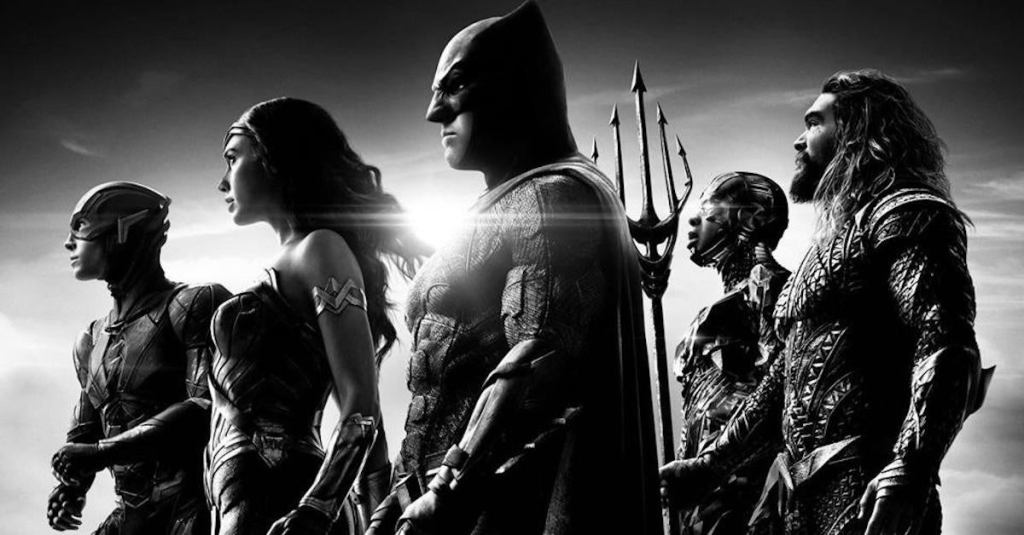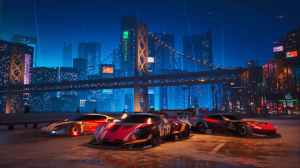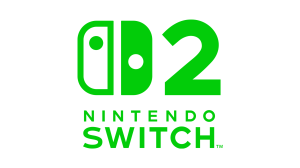The Flash movie was always marketed as being a major DC event film – one that would end the era of DC movies that Zack Snyder started with Man of Steel, known in the fandom as the “DC Extended Universe” or (more colloquially) the “SnyderVerse.” However, now that The Flash is out in theaters, it’s quickly become clear to viewers (or rather… less clear) whether that franchise universe ending is as decisive as it was made to seem…
Videos by ComicBook.com
The Flash Ending Explained

The ending of The Flash doesn’t do anything to decisively mark the ending of the DC movie continuity Zack Snyder built. (MAJOR SPOILERS) At the end of The Flash, Barry Allen (Ezra Miller) makes the painful decision to let his mother Nora die as fate intended, after seeing how “saving her” in the past created an alternate timeline where all of Earth was put in peril, without a Justice League to defend it. However, as Michael Keaton’s Batman explained to Barry in the Flashpoint timeline, altering the past isn’t like Back to the Future (creating a divergent timeline), all events of the past and future were altered, and could never fully be restored again. That point is driven home when Barry gets back to his reality to find that his version of Bruce Wayne/Batman (Ben Affleck) is gone, replaced by a variant Batman (George Clooney).
Is The Flash Really the End of the DCEU SnyderVerse?

Naturally, the ending of The Flash is confusing a lot of fans. Ezra Miller is still The Flash at the end of the film, and a post-credits scene shows that Jason Momoa’s Aquaman is still present – and presumably so is Gal Gadot’s Wonder Woman, who also appears in the opening act of the film. So far, it’s only Batman who is different, while Henry Cavill’s Superman and Ray Fisher’s Cyborg are side-stepped entirely. In terms of the Justice League roster, The Flash makes it seem like the SnyderVerse version of the team is still very much intact.
On the other hand: the climax of The Flash sees Barry Allen witness the near-death of the entire DC Multiverse, as different worlds (read: DC movie franchises) crash into one another incursion. Even though Barry manages to avoid complete multiversal annihilation, that multiverse sequence is a visual explanation of how Warner Bros. and DC Studios are viewing their franchise properties as separate-but-linked realities of the DC multiverse.
In that sense, The Flash’s ending may turn out to be an actual ending to the SndyerVerse – one where Ezra Miller’s Flash, Momoa’s Aquaman, and Snyder’s entire saga still live on (without Ben Affleck) even though we may never visit it again. James Gunn, Peter Safran, and DC Studios can therefore explain their DC Universe reboot as simply being on a different world of the DC Multiverse, one where they are free to build out a whole new universe, with different characters and/or actors being featured.
Hopefully, that’s the case: After all the hype about why it’s crucial event movie viewing, the worst thing The Flash could arguably do is leave things in the same confusing half-in, half-out limbo that the SnyderVerse has been stranded in since it required to versions of Justice League to be released.
The Flash is now in theaters.








